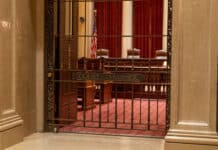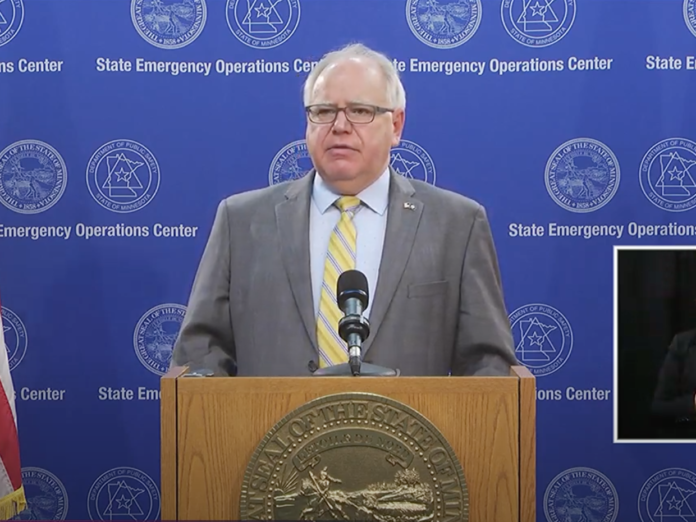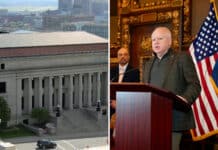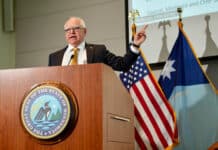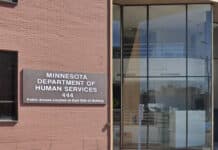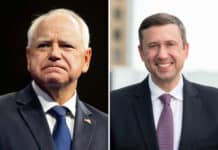Minnesota Governor Walz held a press conference, Saturday, to announce that churches are allowed to reopen at 25% capacity beginning May 27, although he questioned the idea that worship is essential.
This marks a departure from Walz’s previous declaration that religious services be limited to just 10 people, and comes just three days after the Catholic Church of Minnesota announced that it will reopen its churches at 33% capacity regardless of the governor’s mandates. Similarly, President Donald Trump said Friday that churches are essential, and encouraged them to reopen per the Associated Press.
Walz criticized the president’s assertion. “Of course I think the case that the president is making, and that may be up for debate in this country, of deeming houses of worship essential, essential services,” he said.
The governor seemed to allude to the blowback and enforcement issues he experienced after implementing his original 10 person restriction saying that “this last week has been a little bit all over the place for a lot of people,” at Saturday’s press conference.
The governor was also joined by Minnesota Department of Health (MDH) Commissioner Jan Malcolm who reminded Minnesotans that “this is not a return to normal.” She also provided a laundry list of rules that churches must follow in order to conduct their limited capacity services.
These rules include a directive that “places of worship must also develop and implement a COVID-19 preparedness plan in accordance with all of the guidance developed by state agencies” according to Malcom, who adds that “these plans need to be posted in locations that can be easily accessible.”
She also says the state makes “strong recommendations that there not be congregate singing,” and that churches should employ “the use of recorded music only.” If there is to be singing, it should be facilitated by one vocalist who is “wearing a mask or behind some sort of a shield.”
Just hours after Walz’s announcement, Living Word Christian Center in Brooklyn Center, Minnesota held a service with no apparent capacity limit.
Living Word had planned to hold said service even before the governor’s announcement, as indicated by a letter it sent to its congregates. This message details several of the safety precautions the church decided to take and encourages those who feel comfortable to resume church attendance.
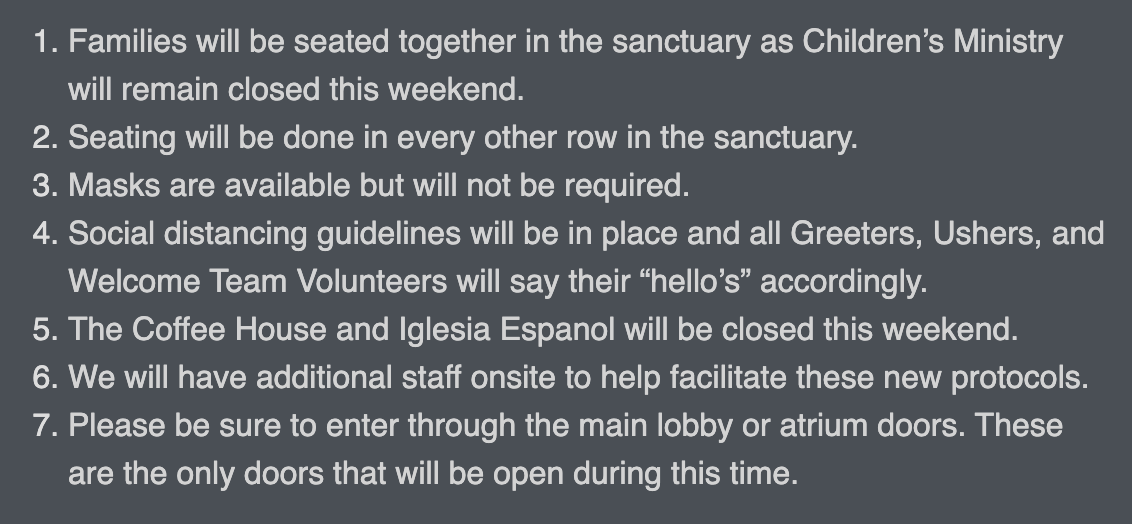
Living Word is also involved in a lawsuit that the Upper Midwest Law Center (UMLC) has also filed against Walz in federal court. UMLC and its clients argue that the governor has violated religious liberties by placing harsher restrictions on churches than retail outlets.



